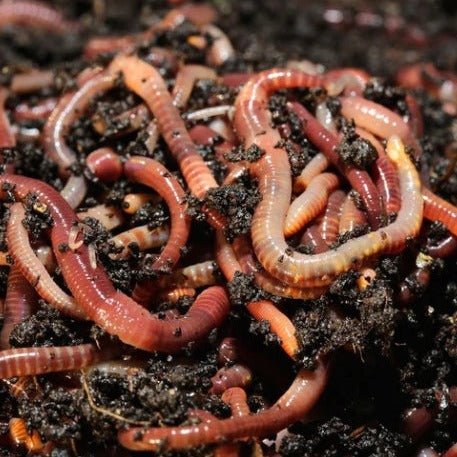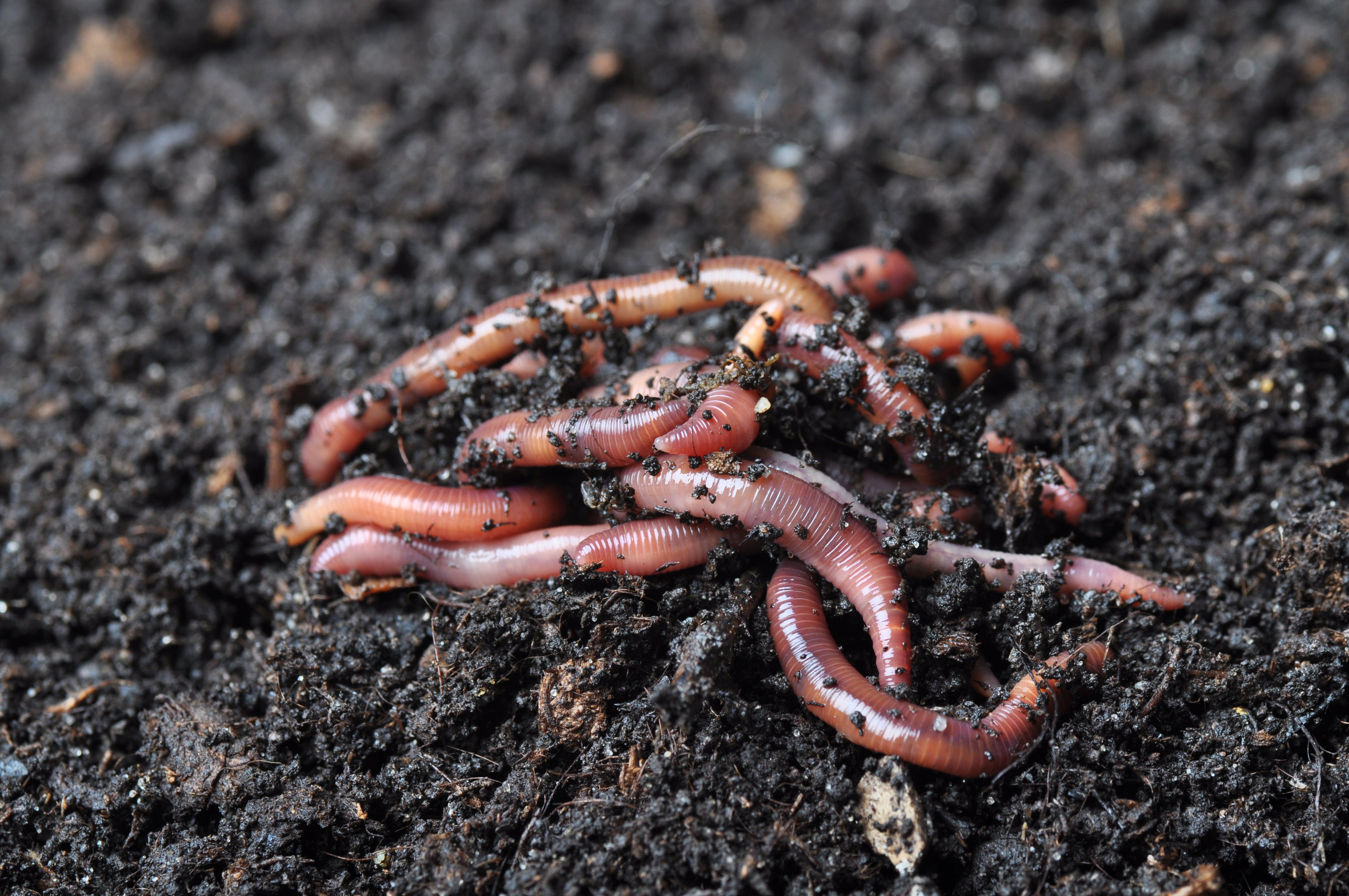Lake Hickory Bait Provides the Tools You Need for a Perfect Lawn
Red Wigglers: The Unsung Heroes of Organic Waste Recycling
Red wigglers, or Eisenia fetida, serve as crucial representatives in the natural waste recycling procedure, transforming discarded materials into useful vermicompost. Their reliable failure of raw material not only improves soil high quality however additionally adds to lasting waste monitoring techniques. As the globe increasingly seeks services to fight waste accumulation and enhance farming efficiency, comprehending the function of these worms becomes necessary. What devices permit them to prosper in compost environments, and how can they be efficiently utilized in both residential and industrial setups? Discovering these concerns exposes the wider effects of vermicomposting in our environmental landscape.
What Are Red Wigglers?
The exceptional resilience of red wigglers, clinically understood as Eisenia fetida, emphasizes their crucial role in natural waste recycling. These tiny, reddish-brown earthworms are commonly located in decomposing raw material, such as compost heaps and manure heaps. Lake Hickory Bait. Unlike various other earthworm types, red wigglers flourish in nutrient-rich environments and are extremely efficient at breaking down organic materials, making them important for vermicomposting

(Red Wiggler Express)Along with their function in waste reduction, red wigglers add to dirt wellness by enhancing dirt framework and oygenation with their delving activities (Lake Hickory Bait). Their visibility in composting systems not only enhances decay prices yet also advertises a lasting technique to throw away management, highlighting their value in eco-friendly conservation efforts
Advantages of Composting With Worms
Composting with worms, especially red wigglers, supplies many advantages that enhance both waste administration and dirt health. These worms successfully damage down natural waste, converting it right into nutrient-rich vermicompost that enhances dirt. This procedure accelerates disintegration, permitting a much faster recycling of cooking area scraps and other organic products contrasted to conventional composting methods.
Additionally, the vermicompost created by red wigglers is including valuable microbes, which assist improve soil structure, oygenation, and wetness retention. This improves the overall health and wellness of plants, advertising strenuous development and enhanced returns in gardens and agricultural setups. The usage of worms in composting reduces the manufacturing of greenhouse gases, such as methane, contributing to an extra sustainable waste management system.

How to Begin Vermicomposting
Establishing a vermicomposting system is a straightforward process that can yield substantial benefits for both waste management and soil enrichment. To start, pick a suitable container, such as a plastic bin or wood box, with appropriate ventilation holes to ensure proper air flow. The dimensions need to ideally be around 2 feet by 3 feet, enabling enough room for the worms to grow.
Following, prepare bedding product, which can include shredded paper, cardboard, or coconut coir. This bed linen ought to be moistened to produce a suitable habitat for the worms. Once the bed linen is in area, present red wigglers (Eisenia fetida) right into the bin, generally around one pound of worms for every square foot of surface.
Adhering to the placement of worms, include organic waste, such as vegetables and fruit scraps, coffee grounds, and smashed eggshells. Prevent including milk, meat, or oils, as these can develop smells and attract bugs. Place the bin in a shaded, temperature-controlled location to maintain optimum conditions for worm activity. With these actions, you will effectively start a vermicomposting system that contributes to sustainable waste management and improves your soil.
Preserving a Healthy Worm Container
(Red Wiggler Express)Keeping a worm bin thriving calls for normal interest and like make certain the health and wellness of the red wigglers and the efficiency of the composting process. Correct maintenance starts with keeping track of the moisture levels; the bin should perspire yet not saturated. A great guideline of thumb is to keep an uniformity similar to a wrung-out sponge.
Delicately mixing the bed linen and food scraps every few weeks use this link protects against compaction and ensures that all worms have accessibility to oxygen. Furthermore, it is crucial to feed the worms suitably.
Temperature guideline is one more crucial facet. Red wigglers grow in a series of 55 to 77 degrees Fahrenheit. If the container comes to be also warm or cold, the worms may come to be worried - Lake Hickory Bait. Occasionally check for indications of health and wellness, such as worm populace growth and the existence of healthy castings. By diligently managing these aspects, one can preserve a durable and effective worm container.
Effect On Sustainable Living
The effective upkeep of a worm bin not just profits the health of red wigglers but likewise adds substantially to sustainable living methods. By reusing organic waste, such as cooking area scraps and yard debris, red wigglers aid draw away significant amounts of product from landfills. This reduction in waste not only decreases greenhouse gas exhausts but also decreases the ecological problem connected with waste management.
Furthermore, the castings produced by red wigglers offer as a nutrient-rich organic plant food, enhancing soil health and advertising plant development. This all-natural option to chemical fertilizers supports lasting agriculture and horticulture practices, minimizing reliance on artificial inputs that can damage communities. In addition, worm composting cultivates recognition of waste management, motivating people and communities to embrace more lasting habits.

Conclusion
In summary, red wigglers act as essential contributors to organic waste recycling with their reliable disintegration of natural products. Their capacity to create nutrient-rich vermicompost enhances soil health and wellness and sustains lasting farming techniques. By incorporating vermicomposting into waste management approaches, individuals and neighborhoods can significantly minimize waste while promoting ecological sustainability. The duty of Eisenia fetida in fostering healthy and balanced ecosystems emphasizes the importance of these microorganisms in attaining lasting living and enhancing dirt fertility.